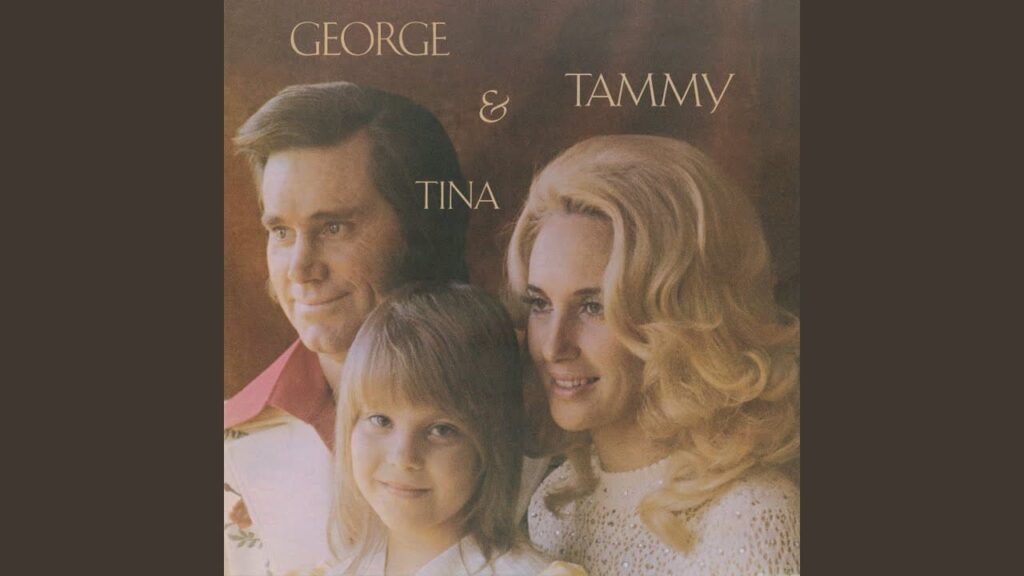
A heartfelt declaration that true happiness is found not in luxury travel but in the simple joys of a blue-collar, country life.
Close your eyes for a moment, and let the smooth, unmistakable baritone of George Jones blend with the trembling, soulful soprano of Tammy Wynette. Few sounds in the history of music evoke a stronger sense of nostalgia for a certain time, a certain lifestyle, and a certain kind of turbulent, yet undeniable, love. Their duet, “(We’re Not) The Jet Set,” released in 1974, is a perfect sonic snapshot of that era, and more importantly, a beautiful, humorous celebration of American working-class identity.
This song wasn’t one of their many chart-topping blockbusters, but its impact far outweighs its peak position. Released as a single in 1974 from their album We’re Gonna Hold On, the tune climbed to No. 15 on the Billboard Hot Country Singles chart and No. 16 on the Canadian RPM Country Tracks chart. While songs like “Golden Ring” detailed their fiery, complicated romance, “(We’re Not) The Jet Set” spoke directly to the core audience of country music: the humble, hardworking folks who were far more familiar with a Chevrolet than a private plane.
Written by the brilliant country songwriter Bobby Braddock, the song’s story is a lighthearted, yet deeply resonant, contrast between two different worlds. One world is the glamorous, globe-trotting “jet set”—people who summer in Paris, France, and Rome, Italy, enjoying the finest steak and martinis while listening to Bach and Tchaikovsky. The other is the world of the song’s narrators—George and Tammy—who are content with their humble lives, visiting Paris, Tennessee, and Rome, Georgia. Their luxuries? Weenies and draft beer, the sound of Merle Haggard and Kitty Wells (often cited as “Haggard and Husky” in the lyrics, a sly nod to their country heroes), and getting around in a reliable Chevy.
What makes this song so endearing to older listeners is its total lack of pretense. It’s a genuine musical shrug, an acknowledgment that while fame may bring a level of wealth, it doesn’t change who you fundamentally are. For George Jones and Tammy Wynette—two artists who had truly lived the hardscrabble life before finding fame—this wasn’t just a lyric; it felt like a manifesto. They were simply letting their audience know they were still one of them, perfectly happy on the ground, far from the clouds of the elite. The humor in Braddock’s writing, delivered with Jones’ characteristic twinkle and Wynette’s warm backing, makes the song a quintessential piece of ’70s countrypolitan—polished by producer Billy Sherrill, yet still possessing an authentic, down-home heart. It evokes that comforting memory of a Saturday night: a simple meal, a few good friends, and the radio playing loud with music that spoke your language. It’s a proud, two-and-a-half-minute refusal to trade in true roots for perceived sophistication, reminding us that simplicity is often the richest form of happiness.